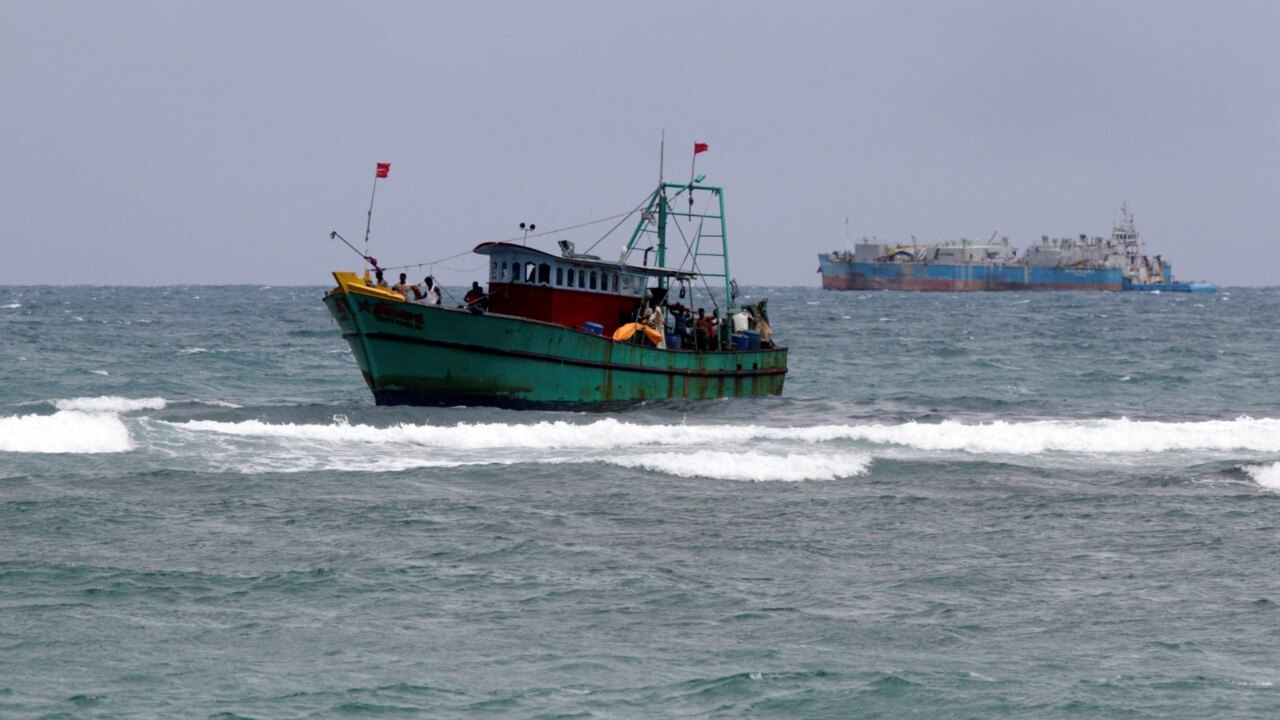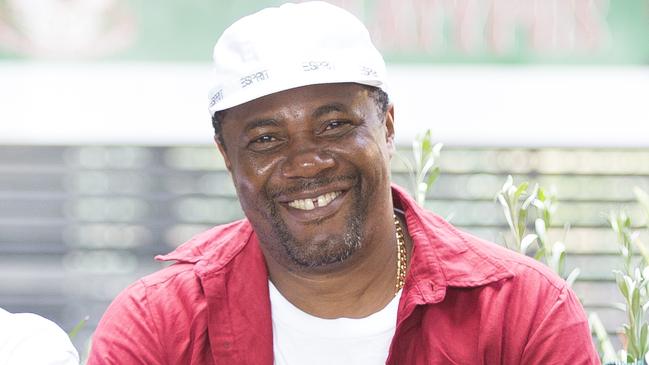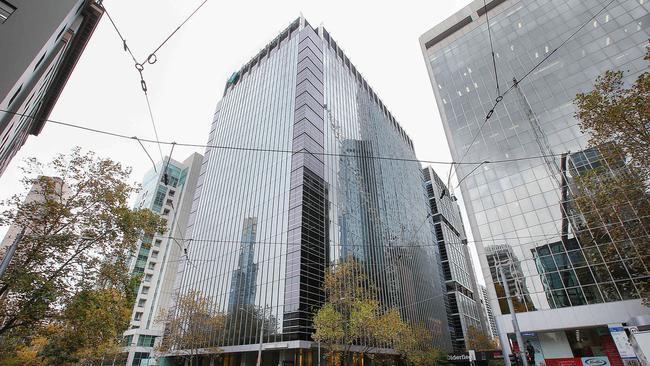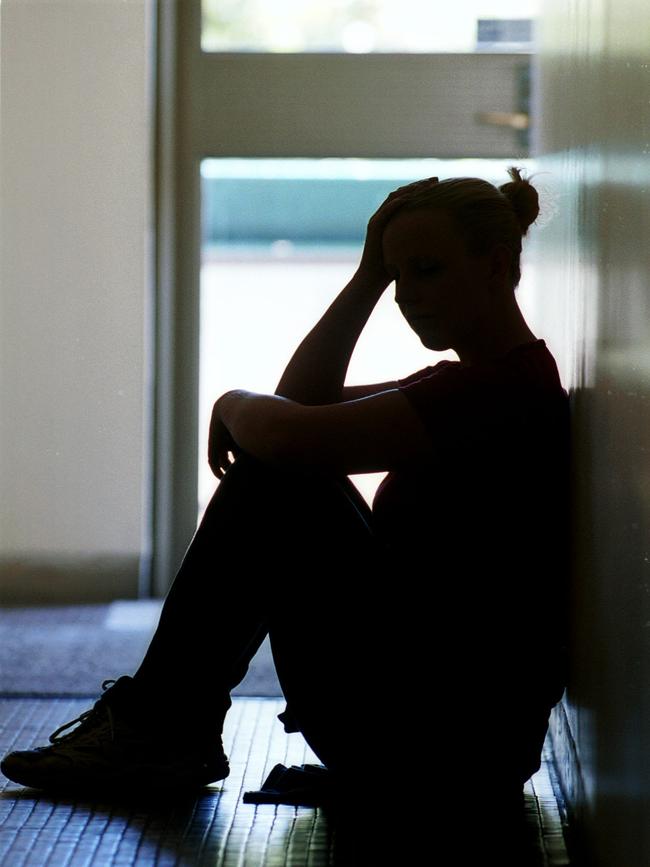Tribunal rejects man’s pleas that he fears for his life
A Ghanian man who lied multiple times to gain entry to Australia before pleading guilty to the aggravated sexual assault of a minor has been fighting a bid to strip him of his citizenship.

NSW
Don't miss out on the headlines from NSW. Followed categories will be added to My News.
A Ghanian father-of-seven who twice married Australian women and lied to get into the country has had his citizenship cancelled - but his children can stay.
His real name and date of birth are unknown but Oko Mensah aka Nii Odai Frank Quaye, possibly 53, from Sydney’s west, is currently serving a six-year prison sentence after pleading guilty to the aggravated sexual assault of a minor.
His bid to overturn the decision to strip him of his citizenship has been refused by the Administrative Appeals Tribunal, which rejected his plea that he had been forced into the “desperate” lies to save his own life and the lives of his children after death threats in Ghana.

“The applicant’s migration offences and citizenship offence are serious,” senior AAT member Adria Poljak said in her judgment.
“There is a great deal of interest in deterring others in the community from committing similar offences and in maintaining the integrity of the Australian immigration system. Accordingly, it is contrary to the public interest for the applicant to continue to be an Australian citizen.
The tribunal said his litany of lies began after he married Australian citizen Judith Anne Jullen in 2002. They met while she was on holiday in the African country.

MORE NEWS
Jihadi wife’s twisted jail letters to Bassam Hamzy
Cops pulled from Bowraville child ‘serial killings’ case
Firefighter boots lined up on stage tug at heartstrings
In February 2003 he arrived in Perth on a spouse visa after failing to tell immigration authorities that he had any children.
Within a month his marriage failed and in April 2004 the visa was cancelled but Mensah stayed unlawfully until he was detained a week later and held in Perth Immigration Detention Centre until he was deported in May. He was subject to a three-year exclusion period.
Mensah told the tribunal he got to know his next wife, Anita Jean Baines, another Australian citizen, over the telephone.

“The details of their introduction remain unclear. Ms Baines provided the applicant with financial support despite not being in a relationship with him at that time,” Ms Poljak said.
On December 1 2004, Ms Baines and her daughter visited him in Ghana and on December 17, the couple married.
In December 2006, Mensah arrived back in Australia on a second spouse visa with a new name, a made-up date of birth and without telling immigration authorities he had been married before, that it was his second time here or that he had children.
In September 2011, he was granted citizenship and his seven biological children - the oldest now 29 - arrived in 2013 having been granted permanent residency child migrant visas. An eighth child he claimed was his was found unrelated after DNA tests.
Mensah and Ms Baines split up in February 2014 and in April 2016 he was convicted of the sexual assault and jailed.
He had appealed the decision to cancel his citizenship, saying he “would not live long” if was sent back but Ms Poljak said there was no objective evidence of this. His older children, some still at school in western Sydney, gave evidence pleading for him to stay and a psychologist said in 2016 that he had mental health issues, but Ms Poljak said there was no contemporaneous medical evidence of this.
